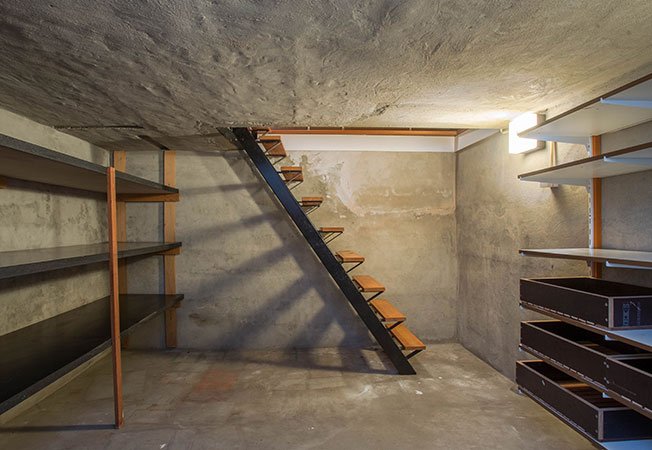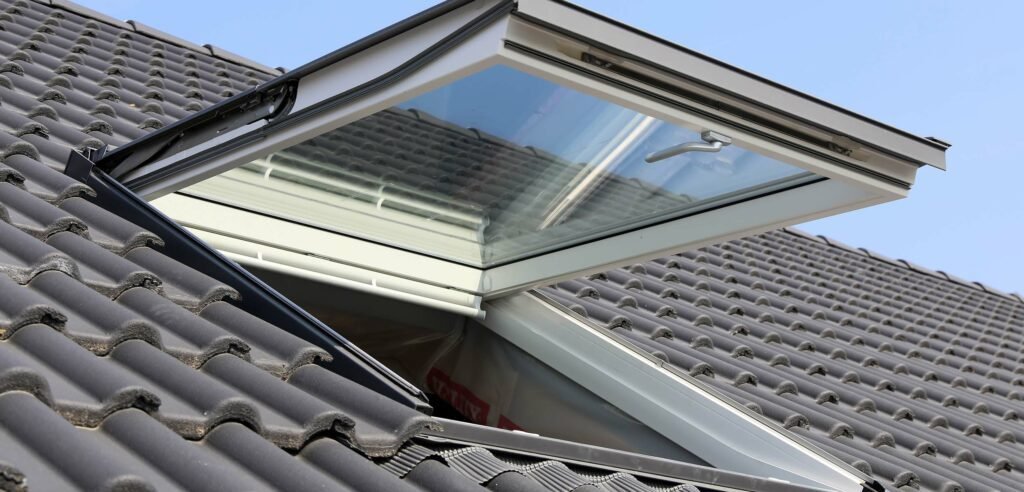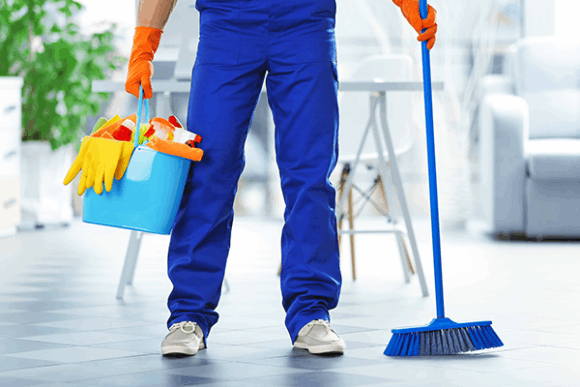Key Takeaways
- Understand the importance of basement waterproofing for home integrity and safety.
- Learn various methods and materials used in basement waterproofing.
- Identify common water leakage signs and effective preventive measures.
- Discover professional tips for maintaining a dry basement environment.
Introduction to Basement Waterproofing
Basement waterproofing is a crucial aspect of home maintenance that ensures your living space remains dry, healthy, and structural damage-free. If you’re a homeowner dealing with potential water issues, taking steps to waterproof your basement can prevent costly repairs and enhance the overall value of your home. Whether you’re looking for information on basement waterproofing in New Jersey or general advice, this article will explore essential tips you need to know about keeping your basement dry and secure.
In a basement, water damage can cause more than simply a wet floor. Moisture problems can eventually cause structural deterioration, encourage the growth of dangerous mold, and even lower the air quality in your house. Understanding the importance of waterproofing your basement and understanding how to implement practical solutions will help you protect your investment and give your family a safe place to live.
Why Is Basement Waterproofing Important?
A properly waterproofed basement stops seepage, lowers moisture levels, and prevents mold formation. These elements are crucial for upholding a thriving environment and protecting your home’s foundation. Water entering can cause significant harm to the structure of your house, ultimately jeopardizing its stability. You can prevent these possible dangers and experience a sense of security by using trustworthy waterproofing methods. Not waterproofing your basement can lead to foundation damage, one of the most severe consequences. Water leaking into the base can lead to cracks and debilitate the building, impacting the lower level and jeopardizing the overall house’s stability. Furthermore, excess moisture can result in mold growth, presenting health hazards like allergies and respiratory problems. Hence, ensuring your basement stays dry is essential to prevent water damage and maintain your home’s safety and health.
Common Signs of Water Leakage
Identifying water leakage early can save you from major repairs. Here are some common signs to watch out for:
- Musty odors and dampness
- Visible mold or mildew
- Wall cracks or peeling paint
- Pooling water or wet spots
- Efflorescence (white, powdery residue)
Recognizing these signs quickly and taking action can prevent severe damage. The first indication of moisture problems in a basement is usually the presence of musty odors. The scents stem from mold and mildew, thriving in damp environments. A persistent musty smell in your basement shows that there is moisture present. Another indicator to be cautious of is the appearance of mold or mildew on walls, floors, or other surfaces. Mold not only looks unappealing, but it also poses a threat to your health. Water may be infiltrating if cracks in the wall or paint peel off. Water can leak through small cracks in the walls, causing bubbles, peels, or blisters in the paint. Water collected in a pool or wet areas on the floor suggests a leakage problem. These pools might form due to water seeping from the ground or leaks in the plumbing system. Efflorescence, a powdery white material left behind when water evaporates, is also a sign of water issues.
Methods and Materials Used in Waterproofing
A crucial step in waterproofing is applying waterproof coatings to the walls and floors and rerouting water with drainage systems. The two primary strategies are external and inner techniques. Although external waterproofing is more complete, it may require more money and effort. Drainage systems must be installed to remove water from the foundation, and waterproof membranes must be used. Drainage solutions like French or perimeter drains and sump pumps are crucial in properties with high groundwater levels. Sealants and epoxy injections are utilized to keep water out and preserve a home’s structural integrity. To find the ideal epoxy or sealant product for your particular requirements, it is imperative to speak with an expert.
Preventive Measures
To reduce basement water problems, follow these preventive measures: maintain gutter and downspouts to direct water away from the foundation, slope soil to promote natural drainage, maintain the plumbing system to prevent leaks, and regularly inspect and repair cracks and gaps in basement walls and floors. Keep gutters and downspouts free of debris, extend them at least three to four feet from the house, slope soil to direct water runoff, inspect the plumbing system for leaks, and fix any gaps and cracks in walls and floors, treating small cracks with a high-quality sealant.
Seeking Professional Help
While DIY methods can address minor issues, significant leaks, and structural concerns require professional attention. Certified waterproofing specialists have the experience and tools to implement comprehensive solutions. Professional advice can be beneficial if you’re unsure about the extent of your water problem and need an accurate diagnosis and long-term remedies. A professional can provide you peace of mind since they will complete the task accurately and completely. Experts in waterproofing can evaluate the state of your basement, locate the cause of any water issues, and suggest the best courses of action. Additionally, they have access to cutting-edge materials and technologies that the typical homeowner might not have. Hiring professionals for waterproofing services can save you money over time by averting significant water damage and expensive repairs.
Conclusion
Proper basement waterproofing is crucial for a safe, healthy, and valuable home. Homeowners can protect their basements from moisture-related damage by recognizing signs of water leakage, using proper waterproofing methods, and taking preventive measures. Consulting a professional can ensure comprehensive and long-lasting waterproofing efforts, helping to maintain a dry, healthy, and valuable home for years.












